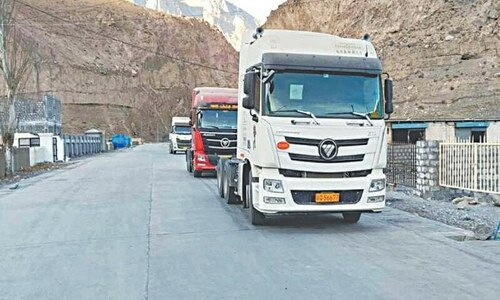SUBSIDIES on fertilisers are provided to the agricultural sector for food security all over the world. In Pakistan, fertiliser subsidy has probably been one of the most hotly-debated issues. However, the subject was never well-understood for having a debate.
The Fertiliser Policy 2001 aimed to keep the prices of fertilisers at a reasonable level and below international prices to ensure food security.
The agriculture sector contributes 21.40pc to GDP. The local fertiliser industry has the capacity to meet our national needs and may be able to export if the plants are run to full capacity.
Unfortunately, that is not the case as they face curtailment of gas which is used as raw material for urea.
The gap between demand and supply is met through imports at a much higher price — Rs2455 per bag — and it is sold at subsidised rates which is closer to the local price (varying between Rs1440 and Rs1600).
Besides foreign exchange and support purchase prices, subsidies on imported fertiliser account for a significant share of the total support to agriculture.
In India, fertiliser subsidies have increased by about 560 per cent in five years. As far as the local fertiliser industry is concerned, it gets gas at a relatively lower price; the so-called subsidy.
In simple terms, the government in 2012 paid Rs1015 per bag on imported urea. The government contributed Rs250 per bag through gas-price differential, while the fertiliser industry passed on Rs765 per bag to farmers.
So we must understand that it is the farmer who is benefiting from the current system of fertiliser subsidies besides the importers and distributors of imported urea.
The impact of removal of fertiliser subsidies on fertiliser will lead to exposing farmers to higher inputs, resulting in lower yield and higher prices. Hence, it is going to have a negative effect on food security.
Fertiliser subsidy seeks to promote fertiliser consumption, increase agricultural productivity and maintain national food security.
The recent discussions held at the prime minister’s office indicate that feed-stock gas prices are likely to be raised by 300pc. Higher gas prices will force closure of some plants which are already under financial stress. If that happens, Pakistan’s fertiliser requirements will go up in the international market. It will have serious consequences for Pakistan in terms of higher requirement of foreign exchange and subsidy.
SHER SHAH MALIK Islamabad












































